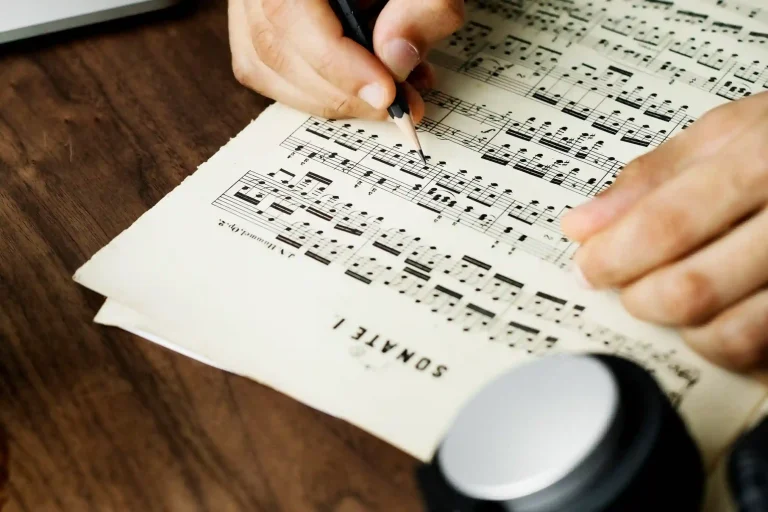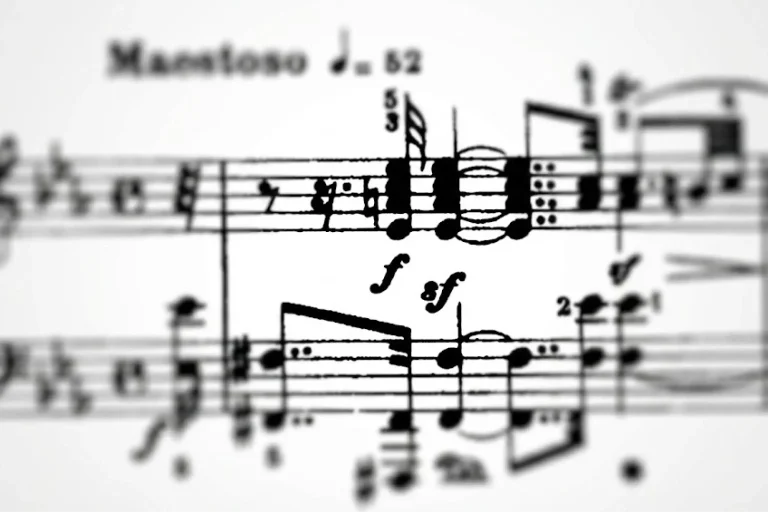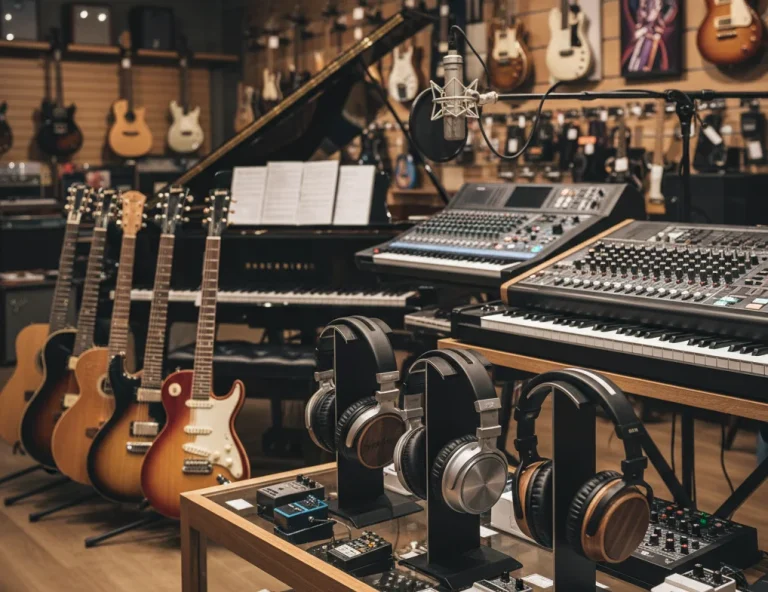All Topics
- Alchemizing Music Concepts for Students
- Artist Spotlight
- artium gift card
- Artium Maestros
- Artium News
- buying guide
- Carnatic Music
- Devotional Music
- Editorials by Ananth Vaidyanathan
- Film Music
- Guitar
- Hindustani Classical Music
- Indian Classical Music
- Indian Folk Music
- Insights
- Instruments
- Karaoke Singing
- Keyboard
- Kids Music
- maestros
- Music Education
- Music for Kids
- Music Industry
- Music Instruments
- Music Legends
- Music Theory
- Music Therapy
- Piano
- piano guide
- Success Stories
- Tamil Film Music
- Telugu Film Music
- Time Theory
- Tools
- Uncategorized
- Vocal Singing
- Vocals
- western classical music
- western music
- Western vocal music
Music Education, Music Instruments, Music Theory
Considering Piano Lessons? Find Answers to Your Questions
Considering Piano Lessons? Find Answers to Your Questions

Table of Contents
Are you thinking about starting your musical journey by learning to play the piano? Whether you’re a beginner or someone who has contemplated learning this beautiful instrument, you likely have a myriad of questions. In this comprehensive guide, we’ll delve into the frequently asked questions (FAQ) that often come up when considering piano lessons. By the end of this article, you’ll have a clearer understanding of whether piano lessons are right for you and what to expect from your musical endeavor.
Should I Learn Piano?
How to learn piano? Well, this is a deeply personal decision. It involves factors like your passion for music, your dedication to practice, and your willingness to invest time and effort. Learning to play the piano can be incredibly rewarding and fulfilling, allowing you to express your creativity, improve cognitive skills, and find a source of relaxation. If you have a genuine interest in music and a desire to learn, then learning piano could be a fantastic choice for you.
What are the Benefits of Learning Piano?
Learning to play the piano offers a wide range of benefits that extend beyond simply playing beautiful music. It can enhance cognitive abilities, improve hand-eye coordination, boost memory, and promote a sense of discipline. Playing the piano can also serve as an emotional outlet, helping you express feelings and emotions that might be difficult to put into words. Moreover, as you progress, the sense of accomplishment and mastery you feel can boost your self-esteem and confidence.
What are the challenges of Learning Piano?
While the benefits of learning piano are numerous, it’s important to acknowledge potential challenges. Learning any musical instrument requires dedication, patience, and consistent practice. Frustration might arise when you encounter difficult pieces or struggle with complex techniques. Additionally, the cost of acquiring a piano or keyboard and the investment of time and money in lessons should be considered. However, many find that the rewards far outweigh the disadvantages.
How Hard is it to Learn Piano?
The difficulty of learning piano varies from person to person. Like any skill, it requires consistent practice and a willingness to learn. Beginners might find it challenging initially, especially when navigating finger placement, reading sheet music, and coordinating both hands. However, with proper guidance, practice, and determination, progress is achievable. The key is to start with a patient and positive mindset, allowing yourself to gradually build skills over time.
Is Learning Piano Good For Your Brain?
Yes, learning piano is indeed good for your brain. Numerous studies have shown that playing a musical instrument, including the piano, can have a positive impact on cognitive functions. Learning to read sheet music, coordinating hands, and understanding musical patterns stimulate various areas of the brain, enhancing memory, problem-solving abilities, and spatial-temporal skills. Moreover, playing piano has been associated with reducing stress and improving overall well-being.
Is Piano or Keyboard Harder to Learn?
The difficulty of learning piano versus another instrument, like the guitar, is subjective and depends on individual preferences and strengths. Both instruments have their unique challenges. Piano requires learning to coordinate both hands independently and understanding complex harmonies. On the other hand, the guitar involves mastering finger placements and strumming techniques. Ultimately, the “hardness” of learning an instrument is relative to your dedication, practice, and the resources available to you.
Choosing the right institute will take you on the right path, especially if you have this question in mind – how to learn piano online?
Is Musical Talent Inherited or Learned?
The age-old debate of nature versus nurture applies to musical talent as well. While some individuals may have a natural predisposition to music, such as having a good ear for melodies or rhythm, musical talent is predominantly learned and developed through consistent practice and training. Even individuals without an innate gift can become accomplished musicians with the right guidance, practice routine, and determination.
Should I Learn to Play Jazz or Classical Piano First?
The choice between learning jazz or classical piano first depends on your musical interests and goals. Learning a mix of both the genres will help develop an all-round development of the piano student.
Can You Teach Yourself Piano?
Teaching yourself piano is possible, especially with the wealth of online tutorials, instructional books, and resources available today. However, self-teaching requires a high level of discipline, motivation, and the ability to accurately assess your progress. Having a skilled teacher can offer personalized guidance, correct technique, and valuable feedback that might be challenging to obtain on your own. A combination of self-study and occasional lessons with a teacher could be a balanced approach.
Does Playing Piano Make You Smarter?
Playing the piano has been associated with cognitive benefits that can contribute to overall “smartness.” As mentioned earlier, playing an instrument stimulates various areas of the brain, enhancing memory, problem-solving abilities, and creativity. It also improves concentration and focus, skills that can be valuable in many aspects of life. While playing piano might not automatically make you “smarter,” it certainly has the potential to sharpen your cognitive skills.
What is the First Thing To Learn When Playing Piano?
For beginners, the first thing to learn when playing the piano is typically basic finger placement and hand posture. Developing proper technique from the outset is essential to avoid bad habits that can hinder progress in the long run. You’ll also start familiarizing yourself with the layout of the keyboard, learning to read simple sheet music, and understanding the fundamentals of rhythm and timing. As you build this foundation, you’ll gradually progress to more complex skills and pieces.
So, we hope this will help understand – how to play piano / keyboard?
Which Piano Type is the Best?
When it comes to choosing a piano, there are several options to consider: acoustic pianos (grand or upright) and digital keyboards. Acoustic pianos offer an authentic and rich sound but require regular maintenance and tuning. Digital keyboards are versatile, portable, and often come with various instrument sounds and features. The best piano type for you depends on factors such as budget, space, and your musical goals. It’s advisable to try different options and seek expert advice before making a decision.
This will help you when you are looking for answers to questions like – how to play chords on piano.
Have a Question About Learning Piano?
Learning to play the piano is an exciting and fulfilling endeavor. Whether you’re curious about the benefits, challenges, or techniques involved, this FAQ guide has provided answers to some of the most common questions you might have. But this is not all! If you’re looking to get your child started, our piano classes for kids offer the perfect foundation to nurture their musical journey.
We have answered some questions on our Book a Free 1:1 Piano Learning page as well.
Remember, learning piano is a personal journey, and the joy of making music and expressing yourself is what truly matters. If you’re still curious or have additional questions, don’t hesitate to reach out to us at info@artiumacademy.com.






